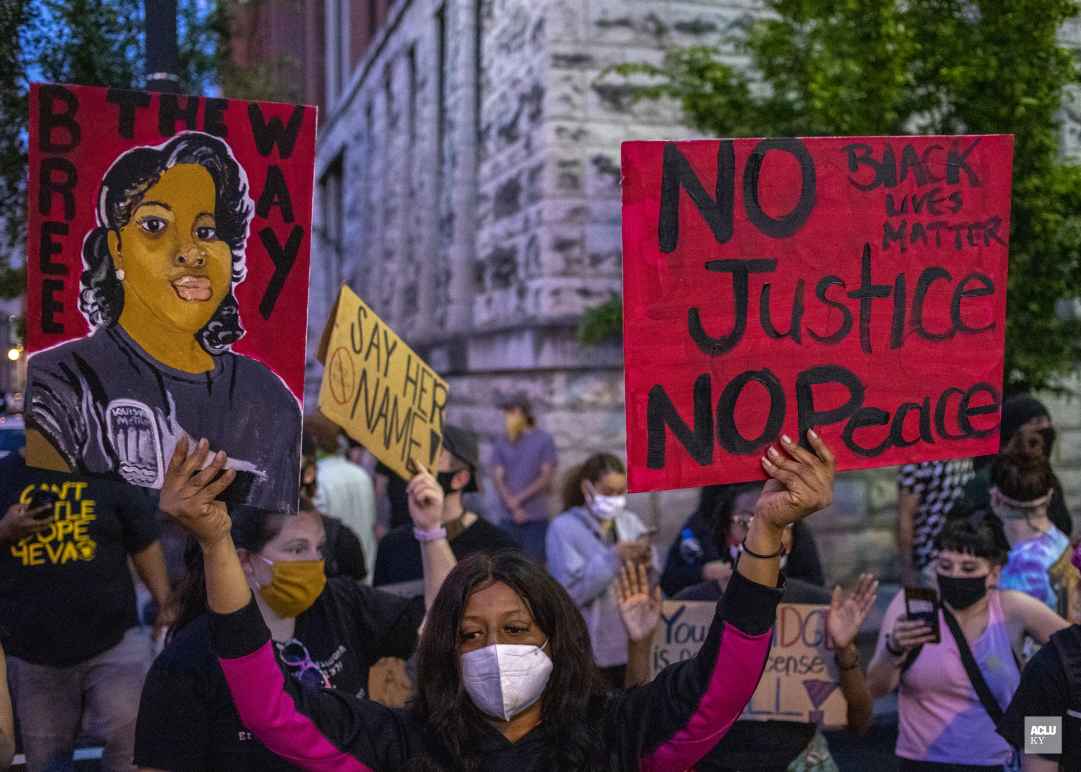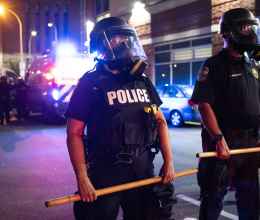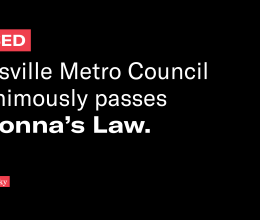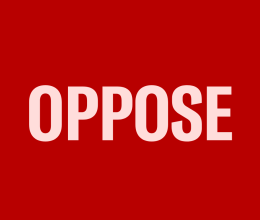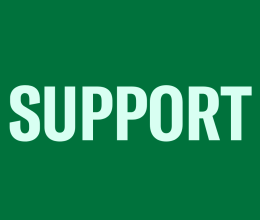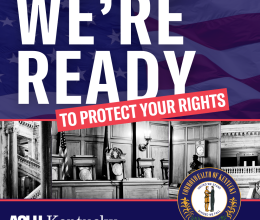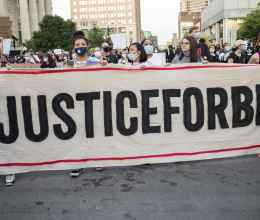
In the spring of 2020, I was living and working in Maryland, and had just received news that I passed the bar exam. I was ecstatic. I remember thinking I couldn’t wait to start practicing, as I had determined long before going to law school, I was going to be a civil rights lawyer. Like many Americans, I was under a stay-at-home order and constantly watched the news to receive updates and information from the government and the CDC. Then, quite literally as the world was shutting down, the murders of George Floyd, Tony McDade, and Breonna Taylor happened, and America’s moment of racial reckoning finally arrived. While George Floyd’s name was heard globally and chanted at protests nationwide and resulted in the highly publicized and unprecedented prosecution and conviction of Derek Chauvin, Breonna’s death—which had occurred just two months earlier—garnered less media attention. In fact, living outside of Kentucky, I did not hear Breonna Taylor’s name in the mainstream news until the beginning of summer 2020. This is not only unacceptable but illustrates the pervasive societal issues regarding the lack of visibility of Black women (and Black trans folks) as victims of police murder.
As Black women, our pain, stories, and experiences while standing at the intersection of race and gender are sidelined and, at times, invisibilized by the larger movement for Black lives, which has historically centered Black cisgender men. The #SayHerName movement was created in response to what is often the reality for Black women whose stories don’t make national headlines or are heavily questioned, dissected, or outright dismissed. Early media coverage of Breonna Taylor portrayed her as a “suspect in a narcotics investigation” along with her boyfriend, Kenneth Walker, in an attempt to obscure the truth of what really happened. But facts do not cease to exist simply because they are ignored. Breonna Taylor was: an innocent, young, Black woman, daughter, friend, aspiring nurse, and police killed her in her home as they executed a botched no-knock warrant. And the people of Louisville made sure the world understood.
From Maryland, I watched folks who were sick and tired of being sick and tired take to the streets. Shining a light on the grave injustice happening in Louisville, bringing the killing of Breonna Taylor into the nation’s consciousness, challenging the erasure and widespread apathy for Black female victims of police violence. This is what brought me to the ACLU of Kentucky. I was inspired by the tireless efforts of grassroots organizers and how the community was able to work together to pass Breonna’s Law, a resolution that bans the use of no-knock warrants in Louisville- a law that will unquestionably save lives. For these reasons, I moved to Louisville to use my legal training to support protesters in the movement for racial justice. To fight back against police violence and government tyranny.
In a time when trials are becoming rare and most civil rights cases are won or lost on the motions, I understand that social movements shape law. As a civil rights lawyer, I want to explore new legal strategies that expand civil liberties and abolish the existing legal system that allows racialized violence to go unpunished. Until then, I will continue to say Breonna’s name and do my best to honor her legacy here in Louisville.
